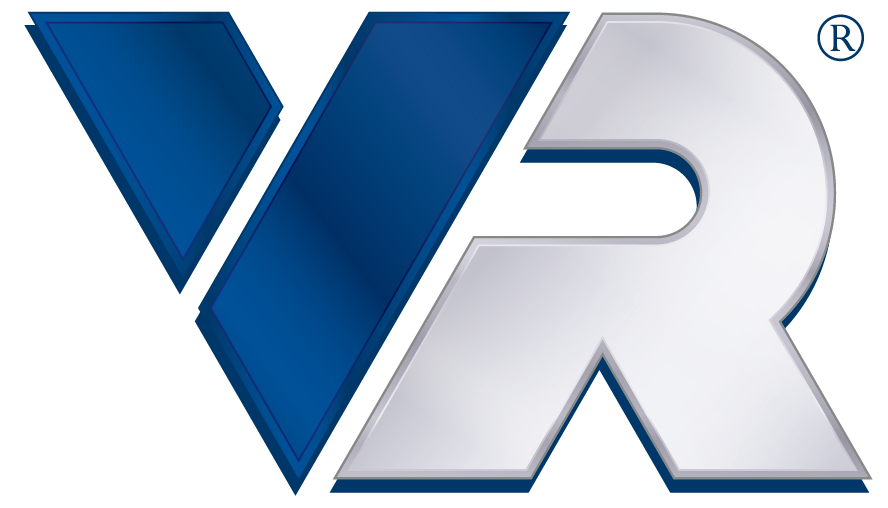Valuation Service
A true test of the accuracy and validity of any valuation is the price at which a company would willingly change hands in the marketplace.
The valuation of a privately owned company is both science and art.
Since no two companies are exactly alike even within the same industry, trade, or service, there is no one formula or method that is all inclusive.
The VR team uses a comprehensive, multi-method approach that consider relevant factors that are unique to a particular company including: company history and longevity, future economic outlook, tangible asset value, intangible asset value and industry ratios.

Factors such as historical net cash flow, probability of continued profitability, risk competition, technology changes, ownership transition training, owner non-compete and consulting agreements are also considered, as well as working capital requirements. There are many reasons to value a company. Whether it is for an anticipated acquisition or divestiture, a partnership buy-sell agreement, stockholder concerns, martial dissolution, or estate planning, a professional valuation is key to understanding and obtaining the true value of a business.
Since there are many reasons to value a company, there are many different levels of valuation services, from a simple target value for selling your company to a complex IRS-rated valuation.
Risk impacts value, specifically, the risk as perceived by the buyer. Risk is defined as “the degree of certainty or uncertainty as to realization of expected future returns”. It can take many forms in mid-size business and can be attributed to the size of company, the depth of management, the reliance on key personnel, key relationships that are in place, company specific concerns, industry trends, and to a great extent, the available return on alternative investments (stock market, bonds, t-bills, etc.).
There are three broad approaches to valuation: Income, Market, and Asset and there may be many different methods that must be considered within each approach.
- In its simplest form, a business is an income-producing entity. The income approach places a value on the expected future income while compensating for risk.
- The Market approach uses information based on actual transactions of similar and relevant companies.
- The Asset approach basically just places a fair market value on the assets of the business. It is usually used in liquidation or with companies that are intensive, but have poor financial results.
After careful consideration of the relevant factors, a reconciliation of the related approaches is performed to determine which approaches are most relevant to the purpose of the appraisal assignment. When you use VR you can be assured that the valuation process will be handled professionally and confidentially.
Is this a right time to sell?
Schedule a confidential appointment with our agent and develop your exit strategy and prepare your business for sale.


